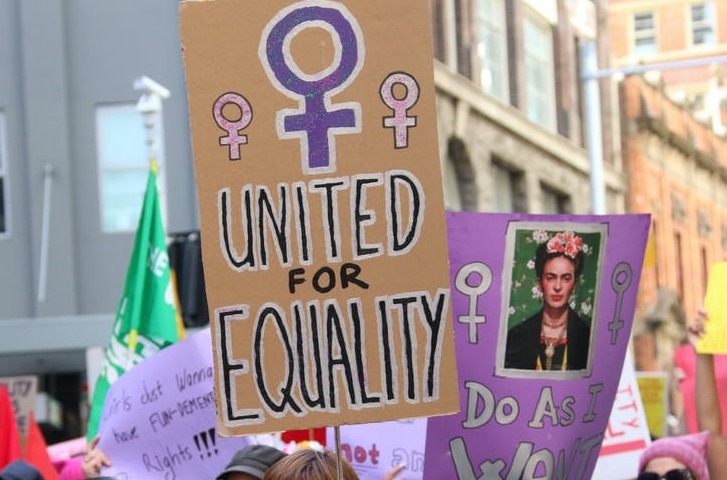Save the Bees!

Recently, the global bee population has been declining, going from 4.5 million bees in 1945 to only 2 million in 2007. The main cause of this decrease in bee population is the industrialization of the food system. A phenomenon called Colony Collapse Disorder where large numbers of bees suddenly disappear from their hives or die is believed to be directly related to the heavy use of pesticides in the food industry and climate change. Bees unknowingly are intoxicated by pesticides on the crops they feed on and can either die if the dose they took was high or become heavily disoriented and not be able to find their way back if the dose was moderate. This is horrible! Let's not forget that bees are conscious beings and that even though their nervous system is much simpler than ours they still present cognitive behaviors, they still feel. Bees can recognize and build a relationship with their human caretakers (if they like them of course). Bees make different decisions after living through an anxious event, as discovered by Newcastle University when finalizing an experiment on pessimistic biases concluding that honeybees experience something similar to moods.
It is important to learn about bees to come to appreciate them and what they do for us and the planet. Bees often live in hives with around 40,000 to 50,000 individuals and every single one of them has a job to do in order to maintain the Colony, they work collectively. Some of them are workers (which are all females) they leave the Hive every day to bring back nectar (their carbohydrate source), pollen (their protein source), water and propolis (which they use as a natural disinfectant and antibiotic). Others are drones (all males) whose job is to fertilize the next queen and to take orientation flights to identify nearby food sources. Then the drones do a dance to share the information of where the food is located. Yes, they dance! Finally, there is the Queen, who is the only sexually developed female in the Colony and therefore her main purpose is to reproduce, laying up to 1,500 eggs a day. However, she also produces pheromones that unify all the bees in the Hive into a society; she is also responsible for the identity of the Colony (size, quality and temperament), meaning she is responsible for the aggression or tranquility of all the bees in the Hive, happy wife happy life. One last interesting (and kind of cute) fact about bees, this time about bumblebees instead of honeybees, is that when they attach themselves to a flower and start vibrating to better shake the pollen out, they do so while emitting, in perfect pitch, the musical note C. If that is not nature’s beauty I don't know what is.
Bees are not only important to protect because they are amazing, we also highly depend on their ecosystem services. One third of all crops humans consume rely on bee pollination. No bees would mean no coffee (sleepy mornings), no cotton (cold winters), no agave (no fun tequila nights), and mostly all fruits, vegetables and nuts. The vanishing of bees would leave us with the most bland and boring diet consisting of mainly grains and wheat. Bees are also part of the circle of life meaning that without them, their predators (badgers, beetles, bears, skunks) would also start to disappear making our world even less biodiverse. How sad would that be. Let's also not forget about the flowers. Without bees all the plants they pollinate would also start to vanish since they would not be able to set seeds and reproduce. Basically, without bees we would lose a lot of what makes the world beautiful.
I'm sure I’ve convinced you that bees are important and we must do everything in our power to save them but the question now is how. Well, the best thing we can do as humanity is to stop using dangerous pesticides, preserve wild habitats and adopt a more organic way of feeding the world but if you want to personally help save the bees there is a way. Plant flowers. By planting pesticide-free flowers in your garden, terrace or window you are supplying a safe food source for the bees. What better place to do this than the Netherlands, the country accountable for 60% of global flower trade. These are some bee attracting flowers that are also incredibly easy to take care of: Alyssum, Black Eyed Susan, California Poppy, Forget Me Not (can even survive in the shade), Dames Rocket. You can go to the Bloemenmarkt every Saturday from 7AM to 5PM both in Janskerkof and Oude Gracht and buy your favorite flower or flower seed to help out a neighbouring hungry bee.


















Comments
Log in to read and post comments